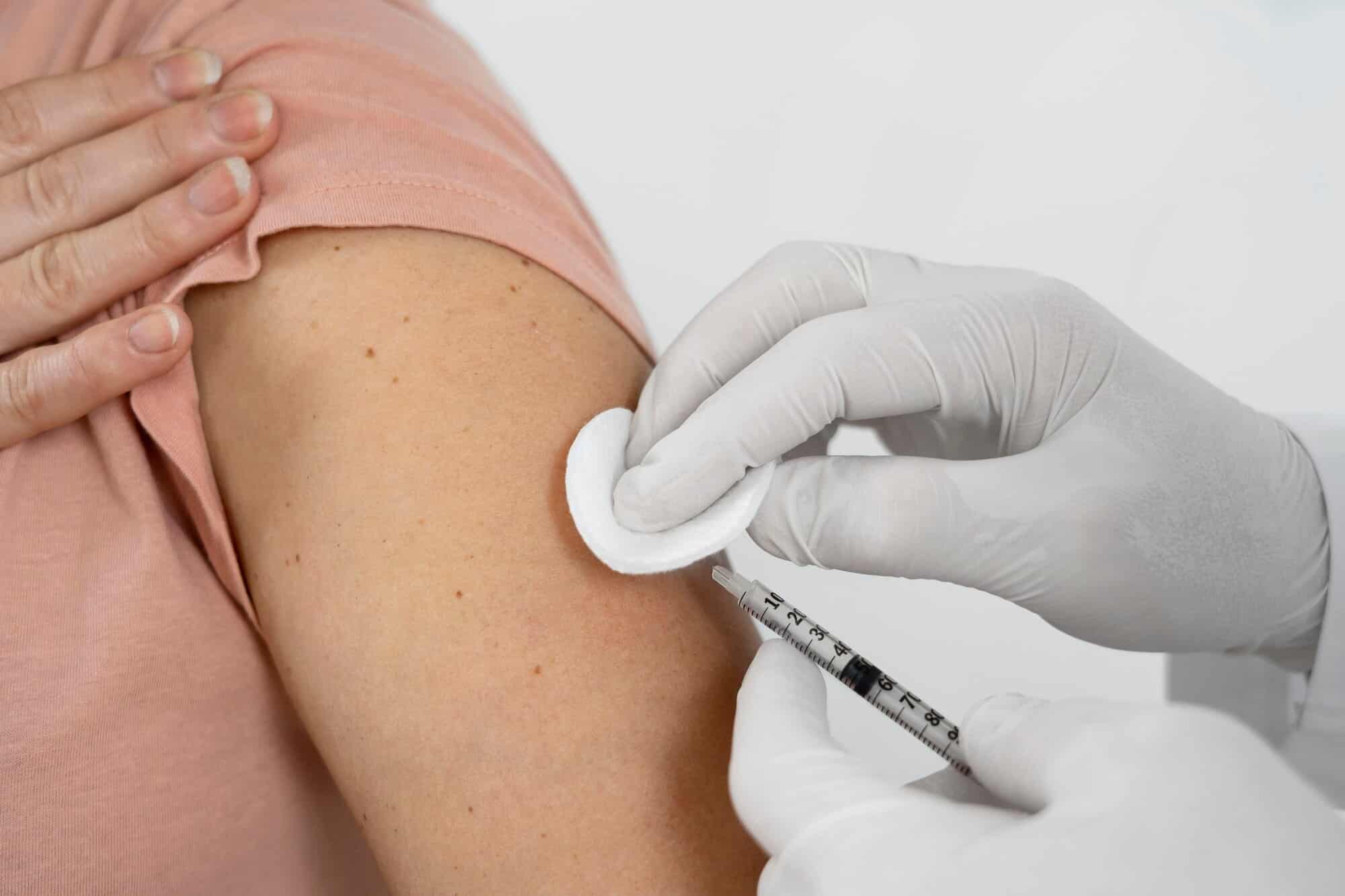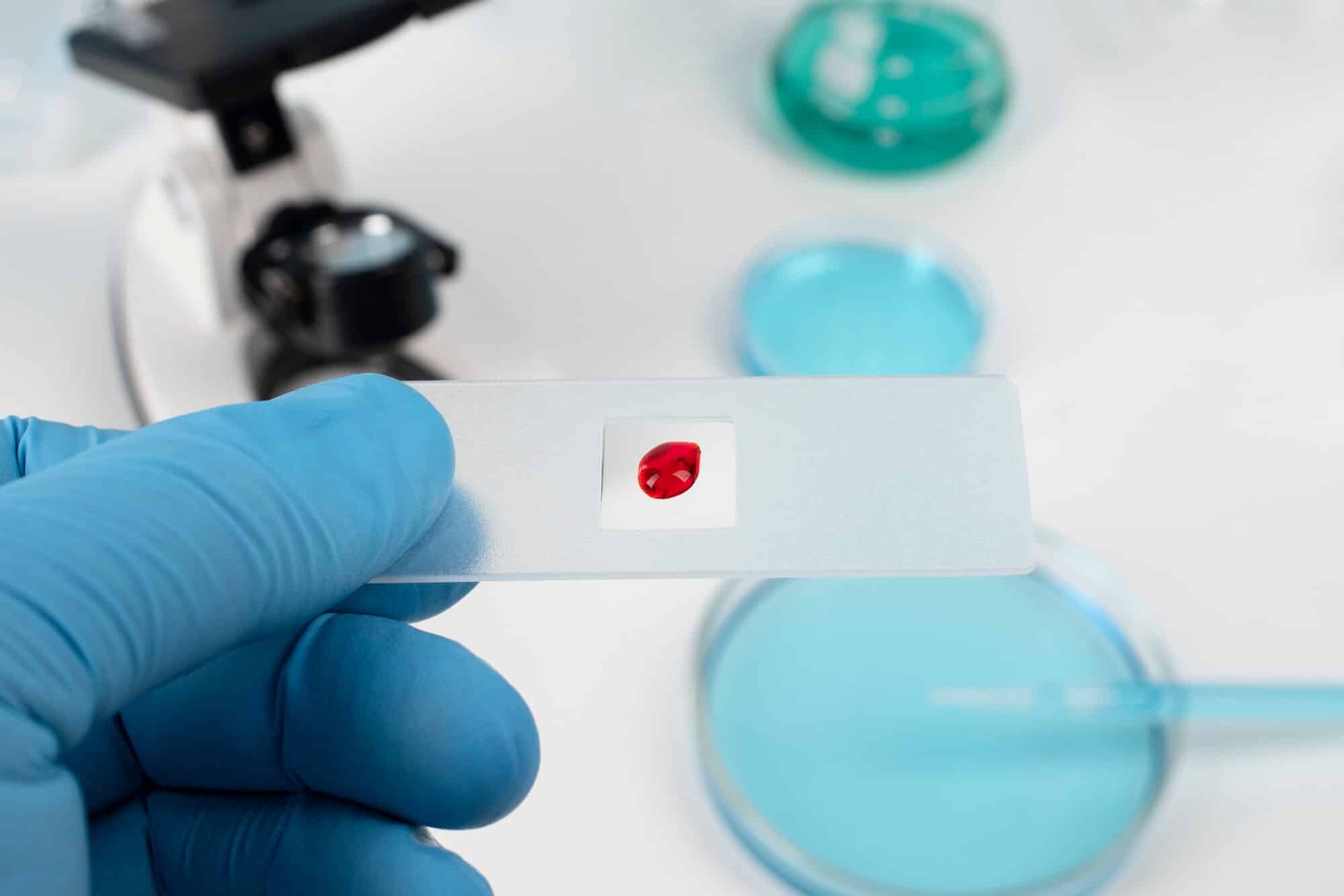
HIV impacts millions of lives each year, with many cases going undiagnosed as a result of fear and stigma. Medical research shows that detecting HIV in its early stages gives you the best possible chance at a healthy life. If you are living with undiagnosed HIV, the sooner you get tested, the sooner you can start treatment to keep you healthy and protect others. In this article, we’ll discuss who should be tested for HIV and explore the benefits of HIV testing for yourself and your community.
HIV Testing: Who Should Get Tested for HIV?
HIV testing detects whether or not a person has human immunodeficiency virus (HIV) in their body. Many people might not realize they have HIV since symptoms may not appear for years. Early HIV testing is key to protecting both your health and the well-being of others, as the virus is often spread by people who are unaware of their condition.
If any of the following apply to you, you should get tested for HIV:
- You’ve had unprotected sex with someone whose sexual history is unknown to you
- You’re a man with male sexual partners
- You’ve shared items for drug injection, like needles or syringes
- You’ve been treated for other sexually transmitted infections (e.g., hepatitis, syphilis)
- You’re starting a new relationship and want to ensure mutual safety
- Your current or past partners have engaged in high-risk behaviors
- You’re pregnant or planning to have a baby
In addition, everyone between the ages of 13 and 64 should get tested for HIV at least once in their lifetime. That being said, your doctor might recommend testing more often, depending on your lifestyle and history. It’s important to remember that many people who test positive for HIV never thought they were at risk. For this reason, everyone should verify their status and talk openly with a healthcare provider about testing. HIV testing centers are there to help you and provide a confidential, judgment-free zone where you can get the healthcare you need.
HIV Screening: Opt-In vs. Opt-Out
Healthcare providers use one of two methods when offering HIV tests: opt-in and opt-out. Here’s how each approach works:
Opt-In
In opt-in testing, healthcare providers will directly ask you if you want an HIV test before conducting one. You will need to actively agree and say “yes” before proceeding and signing a form showing you understand and accept the test. Your healthcare provider will explain what the test involves and answer any questions you may have before getting your written consent.
Opt-Out
With an opt-out approach, healthcare facilities treat HIV testing as a standard part of their regular checkups, making it easier for you to access HIV testing without having to specifically request it. Your healthcare provider will let you know that they include regular testing for HIV in their routine health checks. You will have the option of declining if you prefer not to be tested, but otherwise, the test will be a part of your routine checkups.
The Importance of Regular HIV Testing
Getting tested for HIV routinely is essential in protecting your health and preventing transmission to others. When testing for HIV, you will likely be asked to give a blood or urine sample, which will then be checked for HIV antibodies. Depending on the type of test, you may get results back in a few days, or it could take a couple of weeks. Regardless of the test results, taking an HIV test will enable you to move forward and make informed decisions. Below, we explore the benefits of HIV testing in more depth:
- Peace Of Mind: The stress of not knowing your HIV status can affect your mental health, relationships, and daily life. HIV testing centers create a welcoming environment where trained staff will walk you through each step of the process with care and respect. Many people find that even a positive result feels better than the constant anxiety of not knowing, as they can immediately access life-saving care. Testing can empower you to either maintain your HIV-negative status through prevention or begin treatment to protect your health if you are HIV-positive.
- Early Treatment And Improved Life Expectancy: Discovering HIV early through regular testing gives you the best chance of staying healthy long-term. Today’s HIV medications are very effective; they target the virus directly while causing fewer side effects than older medications. When caught early, HIV can be treated to keep your immune system strong, prevent complications, and help you maintain your quality of life. Healthcare providers can offer you a personalized treatment plan, monitor your condition regularly, and adjust your care to ensure the best possible health outcome.
- Reduced Risk Of HIV Transmission to Others: Regular testing can ensure the well-being of your sexual partner or partners. If you test positive, you can begin taking antiretroviral medication immediately to reduce the amount of HIV in your system and prevent your partner or partners from contracting the virus. For expecting mothers, early testing is crucial in preventing HIV transmission to the fetus. Treatment in the form of antiretroviral drugs can prevent pregnant women from passing HIV to their children.
- Informed Health Decisions and Planning: One of the benefits of knowing your HIV status is being able to make informed decisions about your health. With medical guidance, you can implement the right preventative methods or treatment options depending on your situation. Dating, family planning, and sexual activity become less complicated when you know your HIV status and can respond accordingly.
- Access to Counseling and Support Services: HIV testing centers can connect you with the support you need to continue on your health journey. They can often provide access to valuable resources like HIV support groups, medical specialists, and community services that can help you thrive. The support services available through testing centers can help you create a strong foundation for managing your health and emotional well-being.
- Increased HIV Awareness: Deciding to get tested regularly can change the way your personal community views HIV testing and care. When more people make testing part of their routine medical checkups, it encourages others to do the same, which can decrease the prevalence of HIV in your area. It can also help healthcare providers better understand HIV patterns in your community, leading to improved prevention programs and support services. Regular community testing builds a stronger, more informed network of people working together to reduce HIV transmission and support those affected by it.
Get Tested for HIV Regularly and Take Control of Your Health
Regular HIV testing is essential for protecting your health and getting timely treatment if needed. Here at Equality Health in Oklahoma City, we provide reliable, confidential HIV testing services that prioritize your health and well-being. Based on your situation, we’ll help you choose from our three testing options: Antibody, Antigen, and Nucleic Acid Tests (NAT). Your test results will be kept private, as will the information you provide during your appointment. Our medical team will explain your results clearly and guide you through the next steps if you test positive. We provide effective HIV treatment with the same emphasis on confidentiality as our testing services. Don’t hesitate to book an HIV test with us today to protect your health and ensure the well-being of those around you.
Frequently Asked Questions (FAQs)
Regular HIV testing is necessary if you have multiple partners whose HIV status is unknown. We recommend you get tested every year if you engage in any behaviors that put you at a higher risk of contracting HIV (see list of risk factors earlier in the article).
Health insurance typically covers HIV testing as basic preventive care. At Equality Health, we will review your coverage details before testing and explain any costs clearly. If you are uninsured, our team will help you access affordable testing through our assistance programs.
No. There is no cure for HIV, but antiretroviral medication can manage it effectively. Taking antiretroviral medication as prescribed keeps the virus levels in your body low and prevents the virus from spreading to others.





